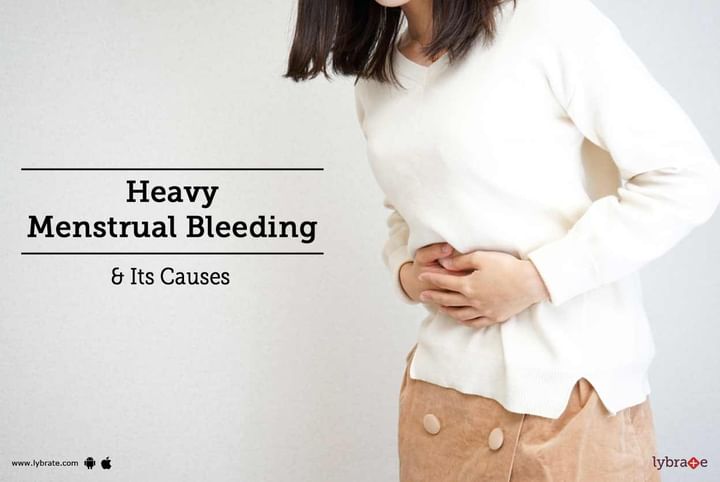Get the App
For Doctors
Login/Sign-up
Last Updated: Oct 23, 2019
BookMark
Report
Heavy Menstrual Bleeding & Its Causes
Dr. K S Jeyarani KamarajGynaecologist • 31 Years Exp.MBBS, DGO - Gynecology & Obstetrics, MD - Obstetrtics & Gynaecology
Heavy menstrual bleeding, technically called menorrhagia, is one of the most common types of abnormal bleeding from the uterus.
Here are all the possible causes of heavy menstrual bleeding:
- Fibroids - Fibroids most commonly occur around the age when women can get pregnant. Uterine fibroids are noncancerous growth on the uterus.
- Blood thinners - These are medicines, which are usually anticoagulant or antiplatelet drugs.
- Problems with iud - A non-hormonal intrauterine device is a t-shaped device used for birth control which is inserted into the uterus.
- Hormonal imbalance - Estrogen and progesterone levels are the primary control mechanism for periods. If the ovaries have a problem in functioning, hormonal imbalances may occur. Heavy menstrual bleeding is most common in females who are at the start of menopause. Puberty menorrhagia can occur in adolescents who are experiencing their first menstrual period.
- Adenomyosis - This is a condition in which the muscular wall of the uterus also gets the lining of the uterus intermingled with it. However, this condition is rare and only happens in middle aged women with several children.
- PID - PID stands for pelvic inflammatory disease and refers to any infection within the organs of the reproductive system.
- Cancer - Uterine, ovarian and cervical cancer are just some of the cancers, which may cause heavy menstrual bleeding.
- Ectopic pregnancy - An ectopic pregnancy is when a fertilized egg stays in the fallopian tube, but does not reach the uterus. If you wish to discuss about any specific problem, you can consult a gynaecologist and ask a free question.



+1.svg)
